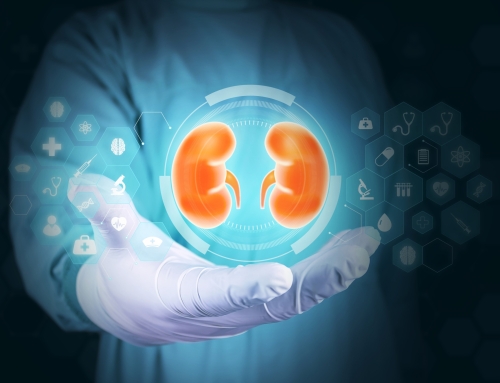The U.S. Public Health Service (PHS) recently released the PHS Guideline for Solid Organ Donor Assessment for Human Immunodeficiency Virus (HIV), Hepatitis B Virus (HBV), and Hepatitis C Virus (HCV) Infection and Transplant Recipient Monitoring. This document updates existing PHS guidance pertaining to solid organ donors and recipients and testing for HIV, HBV, and HCV in addition to informed consent and appropriately communicating the risk of disease transmission to transplant candidates. The revised guideline reflects substantial advances in testing technology and treatment that improve patient safety.
Key things for you to know:
- Risk of infection due to transplant is very low. Advances in highly accurate testing have made it easier for healthcare providers to quickly determine whether a potential organ donor has an infection. As a result, the risk of patients getting HIV, HBV or HCV infection because of a transplant, even when a donor has risk factors for infection such as injection drug use, is very low.
- Testing of all donors and recipients will improve patient safety. The revised guideline recommends testing all living and deceased donors for HIV, HBV and HCV infection before transplantation using highly accurate nucleic acid tests (NAT). These tests are also recommended for all organ recipients, regardless of the donor’s medical or social history, before and after transplantation. Universal hepatitis B vaccination is also recommended for all transplant candidates. This will improve patient safety and facilitate early treatment of recipients identified as having HIV, HBV, or HCV infection.
- Transplant candidates should discuss individual risks and benefits with their physician. Transplant candidates who are concerned about potential transmission of HIV, HBV or HCV should discuss all risks and benefits of organ transplantation with their physicians. In most cases, the risk of unexpected HIV, HBV and HCV transmission is very small, and all of these diseases can be diagnosed and treated. By contrast, the supply of organs is limited, and for many patient’s organ transplantation is life-saving.




